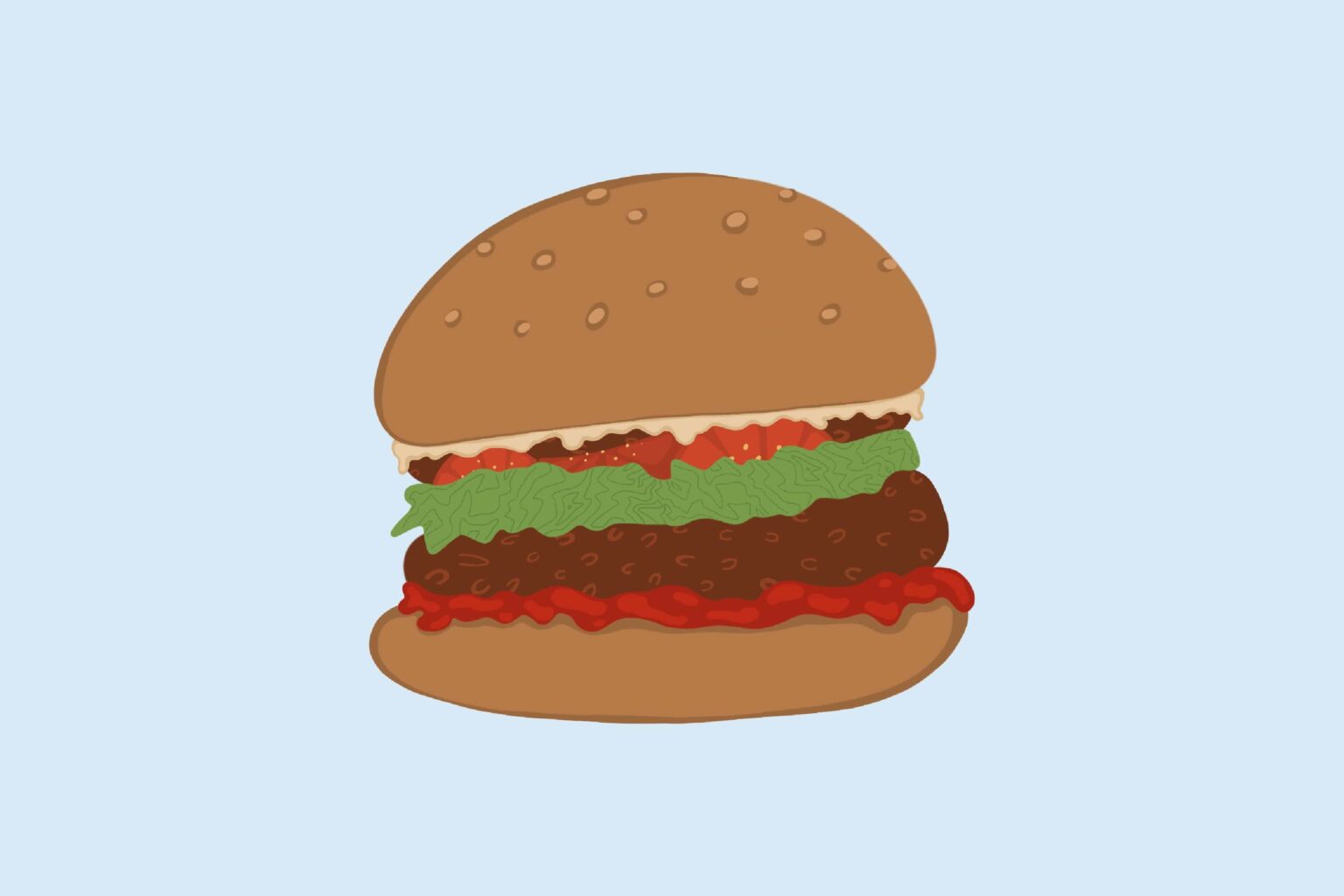Q&A: Solveig Cunningham, PhD on Obesity in Preschoolers

Childhood obesity is a serious medical condition that affects children and adolescents.
1. What are the major findings of the study?
Answer : We know a lot about the prevalence of obesity in children from previous studies. What we wanted to do was look at kids who weren’t obese and figure out how they became obese. We were able to see them when they entered kindergarten and track them until they were around age 14.
2. What you found was that kids who were obese in kindergarten were much more likely to become obese by eighth grade?
Answer : Yes. If you’re obese early on, you’re more likely to be obese later on. Kids who come into kindergarten overweight had a much greater risk of obesity later. A lot of it is happening early on.
3. Were you able to map any of this back to causes and find out what was causing obesity earlier in life?
Answer : We didn’t pursue causal mechanisms. We looked at big population groups, though. For example, the kids from the wealthiest households had far lower rates of obesity. We also found a difference in ethnic groups. African Americans and Hispanic kids were more likely to be obese. Of African American kindergartners who were overweight, 44 percent were obese at age 14. The patterns for Hispanics were different and not quite as clear.
4. What do you think is going on?
Answer : It’s striking to me to see this with such little kids. I think it’s a combination of early life predisposition and environmental factors. There were some associations between birth weight and obesity. The kids who were born large were more likely to be obese. These were probably some things set in motion prenatally. We know that women who are obese and have diabetes are more likely to have children who are obese. I think there are also environmental factors. Obesity is complicated. The best we can do as parents is to maintain healthy diets and stay active.
5. It seems like this argues for earlier intervention with kids, at least regarding obesity-related issues.
Answer : It’s hard. One of the things that worries me is that we’re not saying you should put your kindergartner on a diet. That’s the worst thing we can do. I think the important thing for me as a parent is thinking about those earlier ages as a time when things are set in motion. At age 3, kids are really forming the preferences for what they like to eat and do. If we’re offering high-sugar, unhealthy foods, that’s what they learn to like. We should focus on what kind of behavior we want to model.
Powered by Bundoo®










